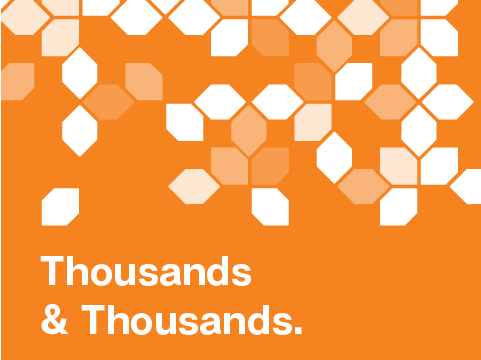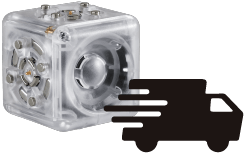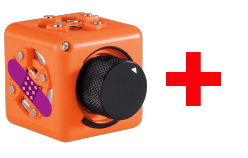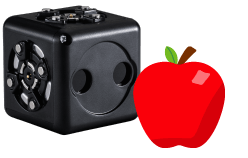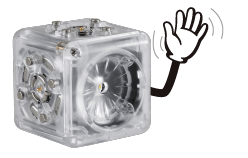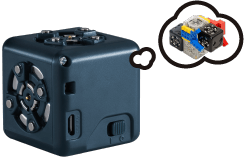Recently, I was having a hard time deciding what to do about packaging for our first small production runs of Cubelets. I could only see two options, and both were bad. The dilemma involved either hiring a firm to design the packaging (at a cost we couldn’t afford) or doing it ourselves (which we are not particularly good at). Mark came up with the idea of holding a competition. Designers would submit entries and we would pick a winner, rewarding the designer with cash, Cubelets, and instant fame. A perfect third solution.
Later, in the conversation, somebody mentioned that we were crowdsourcing our packaging design and I feel obligated to clarify. In my mind, crowdsourcing relies on the wisdom of the crowd itself, the power of collective opinion, even democracy. Crowdsourcing implies that we would use whatever packaging design that the crowd wants, which we are emphatically not doing. We are soliciting entries from individuals in the crowd, then we are deciding which one we want to use.
Democracy is a great way to structure government. But design shouldn’t be crowdsourced. Are a thousand naive voices better or more valid than one thoughtful designer’s? Probably not.
It might seem fiddly to make this distinction between the wisdom of the crowd and the wisdom of a single, particularly good designer in the crowd. But this is something that we’re trying hard to teach with Cubelets. Today in the media, we’re seeing a lot of oversimplification — phrases like “society has a negative view about…” or “America voted for….” I think these are poisonous ways to think about the world. Society has no views: certain individuals do (but others don’t). America didn’t vote: Americans did, and many of them probably voted the other way. By generalizing and refusing to look deeper at the complexities that cause some emergent phenomenon, we’ll never be able to solve (or even understand) the really big problems in the world.
